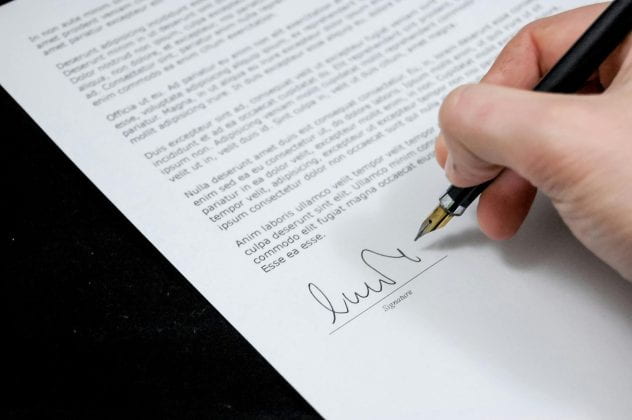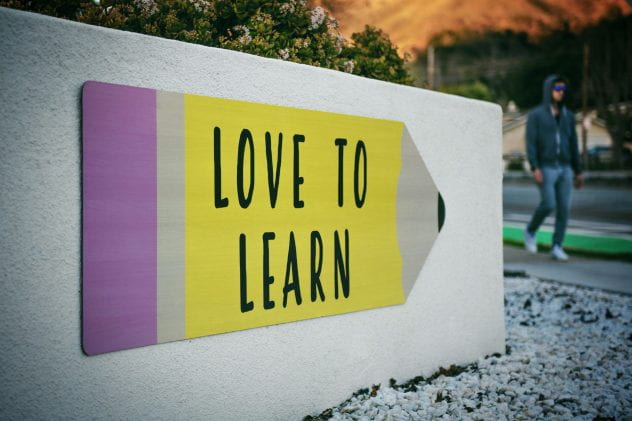 By Maria Sigacheva
By Maria Sigacheva
‘Wizards’ of numbers and bookkeeping, accountants also spend time corresponding with clients and tax officials. Here are some tips on how to write well for non-accountants.
“Your reputation rides out with every letter you send,” states co-founder of the Plain English Commission, Martin Cutts. So how can you ensure that your readers understand your communications clearly and easily? Read on for three tips to improve your copy.
1) Stick to a Simple Structure
An accountant’s letter to the tax office or to your client should be clear and well structured. Clarity can be improved by using a tried and tested three-part structure: an introduction, the main body copy, and a conclusion.
 The introduction should summarise the purpose of the letter. Whether it’s about missing documents or querying financial statements, make it clear upfront.
The introduction should summarise the purpose of the letter. Whether it’s about missing documents or querying financial statements, make it clear upfront.
The main body copy (two or three paragraphs) should detail your main points in a logical order. Avoid repeating the same information twice. Make sure you order events chronologically.
information twice. Make sure you order events chronologically.
In your concluding paragraph, let the recipient know if you require a response and by which date. Add your contact details too, so that they can easily reach you for any queries.
2) Ramp up Readability
- Use plain English, and remove any jargon, if possible.
- Use active verbs, for example “we thought” instead of “after a careful thought.”
- Avoid outdated words, like thereof, herein, hereof.
Being concise is a skill. Let’s look at an example of a recent letter about tax affairs. “Your current amount due according to the records held by the tax office is £10,000.” This could be rewritten for clarity as “The total due to the tax office is £10,000.”
In The Journal of Accountancy, business writing trainer Elizabeth Danziger writes: “Strive for an average sentence length of 10 to 18 words.” How? Remove all “as well as,” “but,” “that,” and “which” – and split overly-lengthy sentences. Get straight to the point and clients will praise you for saving them time!
3) Perfect your Punctuation
Grammarly is a useful proofreading tool. Just copy and paste your text and the software will instantly highlight any errors. It’s also a good idea to read your copy out loud to check punctuation and flow.
By adhering to these simple tips, you can start to improve your business writing – and relationships – today.
Maria Sigacheva is an Indirect Tax Manager at Glencore, and an Association of Chartered Certified Accountants ambassador for early careers.
Maria took our Introduction to Copywriting short course with Maggie Richards. As part of the course, students have the opportunity to pitch a blog idea for our site. If successful, the post will be edited and published on the site.
The next Copywriting course, which runs monthly, is in May. Maggie also runs our Writing for Business course which starts next week.
For all our courses, visit our homepage HERE.
















 Studying can become very time-consuming. Make sure you also get enough sleep, eat well and exercise. Meditation or mindfulness techniques can also be very beneficial. Take reguar breaks and allow yourself time to recharge to prevent burnout and maintain your overall well-being
Studying can become very time-consuming. Make sure you also get enough sleep, eat well and exercise. Meditation or mindfulness techniques can also be very beneficial. Take reguar breaks and allow yourself time to recharge to prevent burnout and maintain your overall well-being









Recent Comments